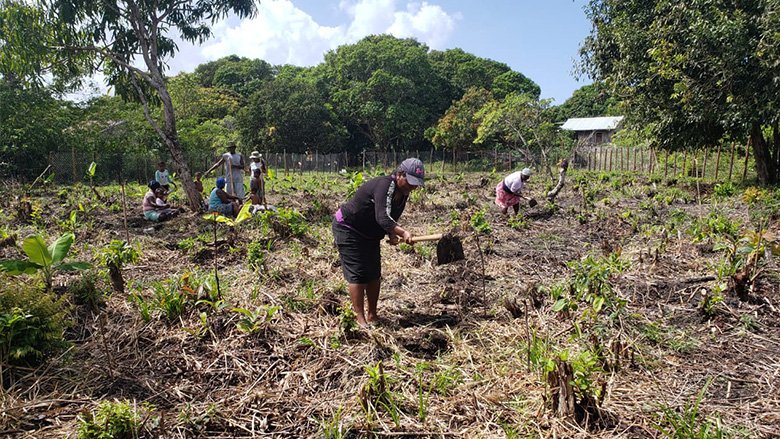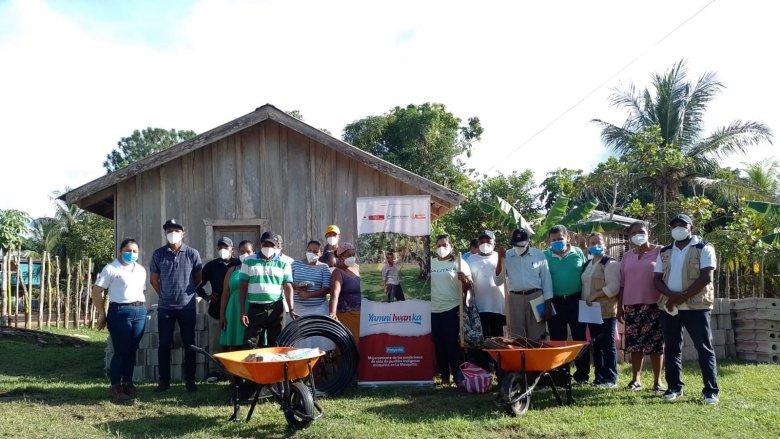Since 2021, through financing provided by the Japan Social Development Fund, the World Bank has supported the people of Moskitia to expand their socioeconomic activities and increase their livelihoods. The project, Improving the Livelihoods of Miskito indigenous peoples in the La Moskitia, works with the local communities to build from their traditional practices of sustainable agriculture and fishing toward a more diversified and resilient local production system in the face of the multiple external shocks, the communities face, including climate change. The project, implemented by Ayuda en Acci��n, works with the Miskito population seeking to target at least 1,800 Miskitos in four communities.
The project helps increase and diversify food production in the area. The Moskitia��s main agricultural products are plantain, cassava, and rice. .
The project promotes the traditional knowledge of the Miskitos by strengthening their administrative, organizational, and financial capabilities with the goal of increasing the economic benefit from their agricultural and fishing activities. .
. In addition, using sustainable fishing techniques minimizes the waste of fish products. Also, the project supported fishermen families installing solar panel systems in the Yahurabila and Yamanta communities to preserve their products in cold chain storage, minimizing losses.
Similarly, .
To date, through this project, it has been possible to improve the livelihoods of more than 1,200 direct beneficiaries; of these, 66 percent are women, who are now more closely involved in all productive agricultural, administrative, and financial activities. The project indirectly benefits 4,252 people from 30 of the 78 communities of the Moskitia.
��To achieve sustainable social development in Latin America and the Caribbean, we must ensure that it is inclusive. It must be based on traditional knowledge, the cosmovision, and the leadership of indigenous communities. ��, concluded Mar��a Gonzalez de Asis, Sustainable and Social Inclusion Practice Manager for Latin America and the Caribbean.
To learn more about the World Bank��s work in Latin America and the Caribbean, please visit this page.
Learn more about the World Bank in Honduras.
Visit us .
Keep yourself informed .
Watch .



